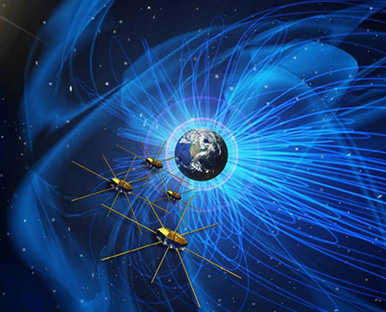A satellite or artificial satellite is an object intentionally placed into orbit in outer space. Satellites have a variety of uses, including communication relay, weather forecasting, navigation (GPS), broadcasting, scientific research, and Earth observation. Additional military uses are reconnaissance, early warning, signals intelligence and, potentially, weapon delivery. Other satellites include the final rocket stages that placed satellites in orbit and formerly useful satellites that are now defunct.

Satellites
There are many potential explanations for sightings. We recommend eliminating the most common and mundane before jumping to less probable conclusions or you submit a report.
Resources
Traffic Control Trackers
Live flight tracking maps are available for monitoring airline, marine, and balloon traffic and trajectories in real-time or historically around the world.
ADS-B Exchange
FlightAware
Flightradar24
Marine Traffic
PlaneFinder
RadarBox
SondeHub Tracker (tracks both meteorological and amateur radio sondes, including radiosondes used by weather services and enthusiasts.)
SondeHub Amateur (tracks radiosondes launched by amateur radio operators and hobbyists.)
Space/NASA Launches
Planned launches occur regularly all over the globe. These tracks can help identify the potential missions or launches in your area.
SpaceLaunchSchedule.com
SpaceFlightNow.com
RocketLaunch.Live
Satellite Trackers
Satellite tracking can also be done in real-time with the aid of tracking maps. They are also helpful for tracking Starlink launches.
Heavens Above
N2YO
Satellitemap.space
Spot the Station (International Space Station)
Space Weather
There are a number of sites which track solar flares, magnetic storms, asteroids, and other events which are helpful for eliminating explanations related to astronomic phenomena.
Spaceweather.com
Spaceweather.gov
Eyes on Asteroids





